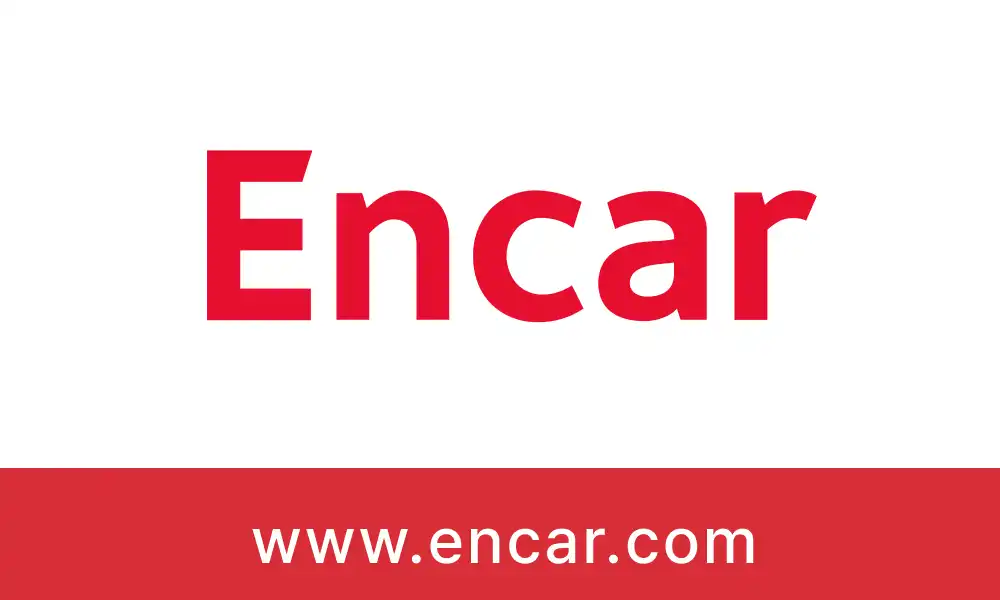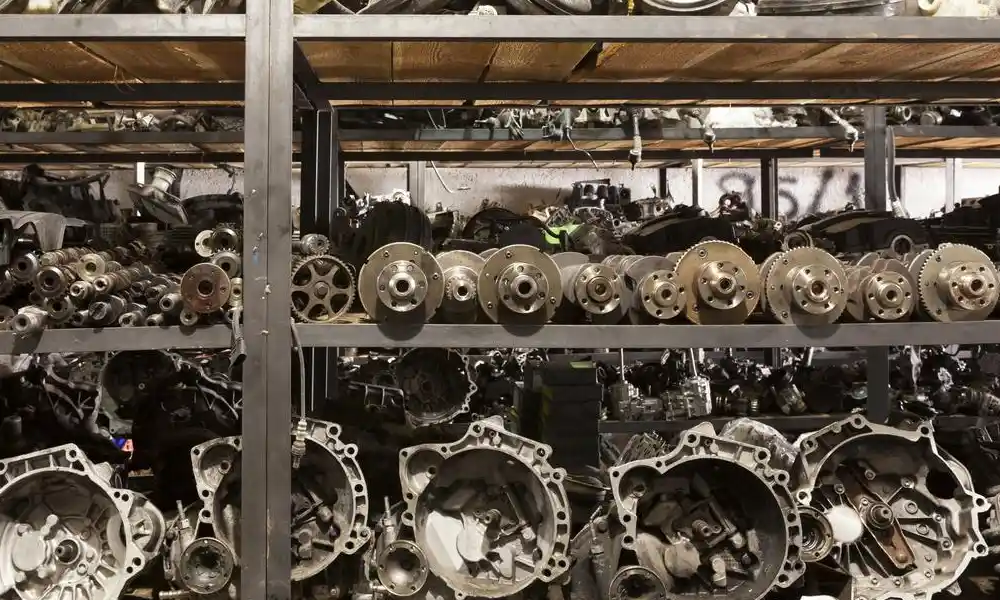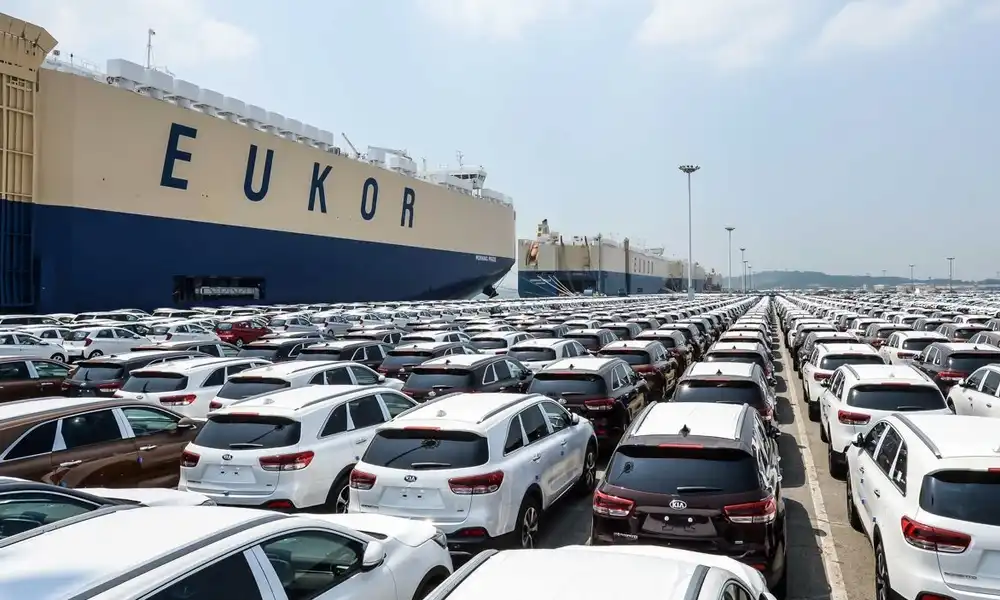To export vehicles from Encar, global importers must follow key steps: purchase, obtain export documents, complete customs clearance, arrange shipping, and manage import compliance. This ensures legal, efficient international vehicle export from Korea’s top used car platform.
UsedCarKorea.com
Exporting vehicles from Encar, Korea’s top used car marketplace, involves a clear, step-by-step process essential for global importers. This includes vehicle purchase verification, securing required export documentation, clearing Korean customs, arranging reliable international shipping, and ensuring smooth import compliance in the destination country. Following this process guarantees a legal and hassle-free export experience for Korean used cars.
For global used car importers, purchasing vehicles from Korea’s leading platforms like Encar and KCar offers an opportunity to source high-quality, well-maintained cars. However, the process of exporting these vehicles internationally involves several important steps that must be carefully followed to ensure compliance with Korean export regulations and smooth delivery to your destination country. This article provides a detailed step-by-step guide to exporting vehicles purchased from Encar and KCar, covering all essential documentation, customs procedures, and shipping logistics.
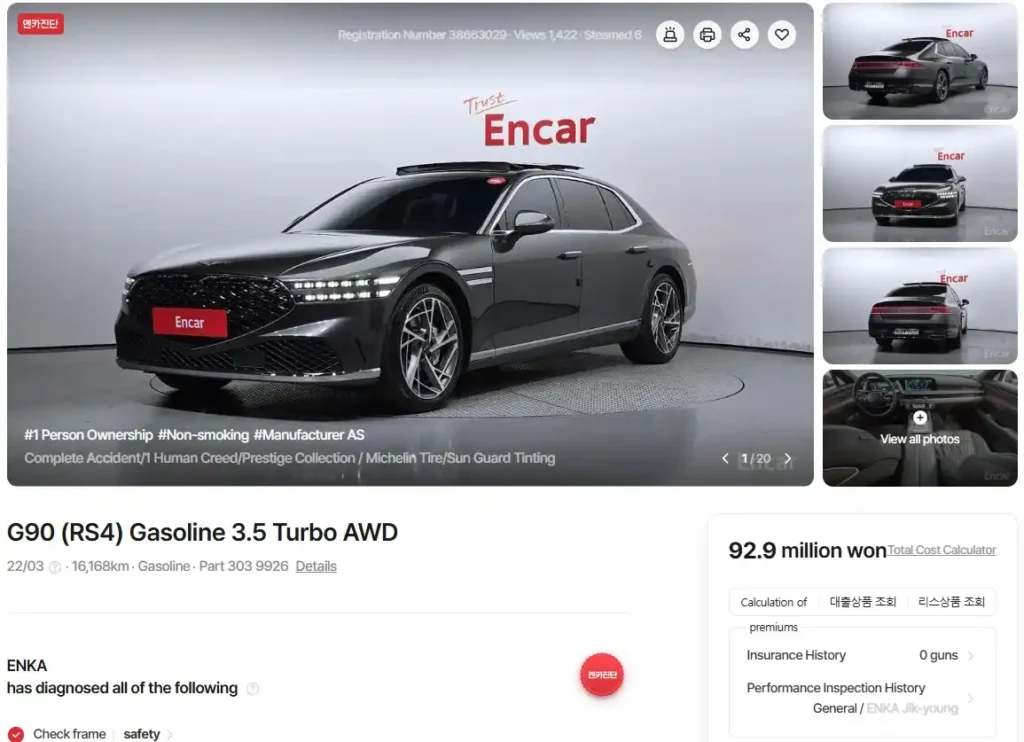
Table of Contents
Step 1: Purchase Your Vehicle on Encar or KCar
Both Encar and KCar are trusted online marketplaces for Korean used cars. After selecting the vehicle that fits your market demand:
- Verify the vehicle’s history, condition reports, and mileage.
- Contact the seller to confirm the purchase terms.
- Use platform-specific procedures for payment and invoicing.
Pro tip: Request a full inspection report and accident history for transparency.
Step 2: Obtain the Necessary Export Documents
Exporting vehicles requires official documentation prepared by both the seller and the exporter:
- Vehicle Registration Certificate (차량등록증): Proof of vehicle ownership.
- Bill of Sale / Purchase Invoice: Issued by Encar or KCar with detailed vehicle info.
- Export Declaration (수출신고서): Filed through Korea Customs Service by the exporter.
- Certificate of Export (수출확인서): Issued upon successful customs clearance.
You may need additional documents depending on your destination country’s regulations, such as an emissions certificate or certificate of origin.
Step 3: Apply for Customs Clearance
To legally export your vehicle:
- Submit an Export Declaration electronically via the Korean Customs Service’s online portal.
- Provide all required documentation including invoices, registration, and purchase contracts.
- Pay any applicable export taxes or fees (usually minimal for used vehicles).
Customs authorities will inspect the documents and may physically inspect the vehicle before approval.
Step 4: Arrange Shipping and Logistics
Once customs clearance is granted:
- Choose a reliable international shipping company specializing in vehicle transport.
- Decide on the shipping method: Roll-on/Roll-off (RoRo) or container shipping.
- RoRo is cost-effective but less secure.
- Container shipping offers better protection but is more expensive.
- Coordinate the vehicle delivery to the port, typically Busan Port, Korea’s largest vehicle export hub.
- Complete the booking with the shipping company and obtain the Bill of Lading (B/L).
Step 5: Track Shipment and Prepare for Import in Destination Country
- Monitor your shipment status using the Bill of Lading number.
- Prepare for customs clearance and compliance with your country’s import regulations: taxes, duties, inspection, registration.
- Coordinate with a local customs broker or agent to facilitate smooth import processing.
Step 6: Post-Import Compliance and Registration
After the vehicle arrives:
- Complete customs duty payments and necessary inspections.
- Register the vehicle according to local transportation laws.
- Ensure insurance and local compliance to legally operate the vehicle.
Conclusion
Exporting vehicles purchased from Korea’s top platforms Encar and KCar is a lucrative business opportunity if the proper procedures are followed. By ensuring you have all necessary documents, understanding customs regulations, and coordinating reliable shipping, you can successfully deliver high-quality Korean used cars to your global customers.
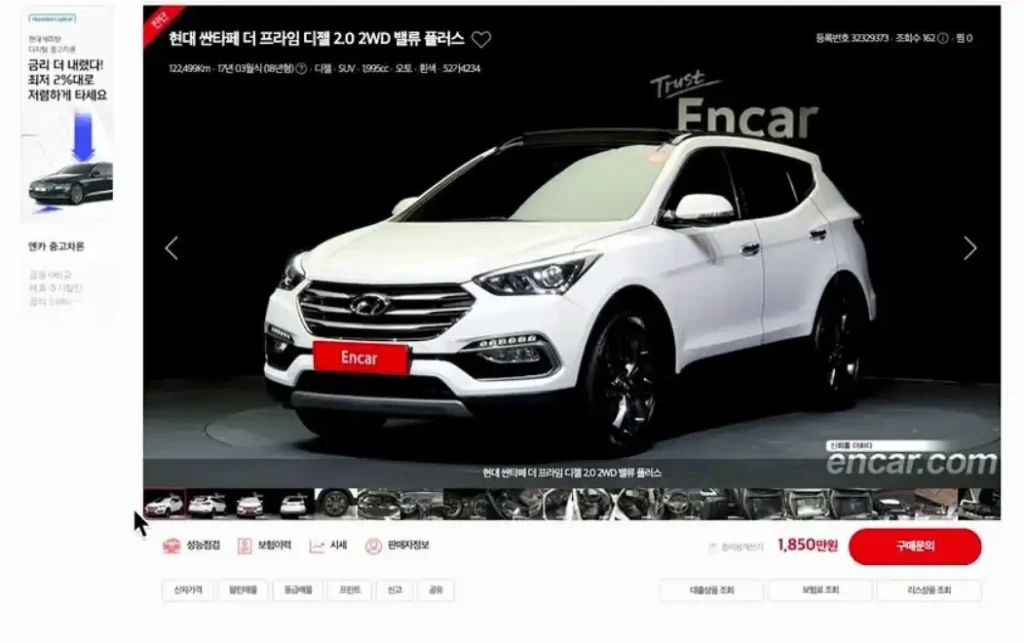
FAQs
Can foreigners purchase and export vehicles from Encar or KCar?
Yes, foreigners can buy vehicles; however, exporting requires compliance with Korean export laws and usually partnering with a Korean-based export agent or customs broker.
How long does the export process take?
Typically, customs clearance and shipping take between 2 to 4 weeks, depending on destination and shipping method.
Are there restrictions on exporting specific vehicle models?
Certain vehicles may be restricted due to safety, emissions, or government regulations. Always check current export regulations.
What are the approximate costs involved in export?
Costs include the purchase price, customs fees, shipping charges, and local import taxes. RoRo shipping generally costs less than container shipping.
How can I translate encar.com Korean used car?
Use goolge chrome automatic translation tool or inquiry usedcarkorea.com to support.
